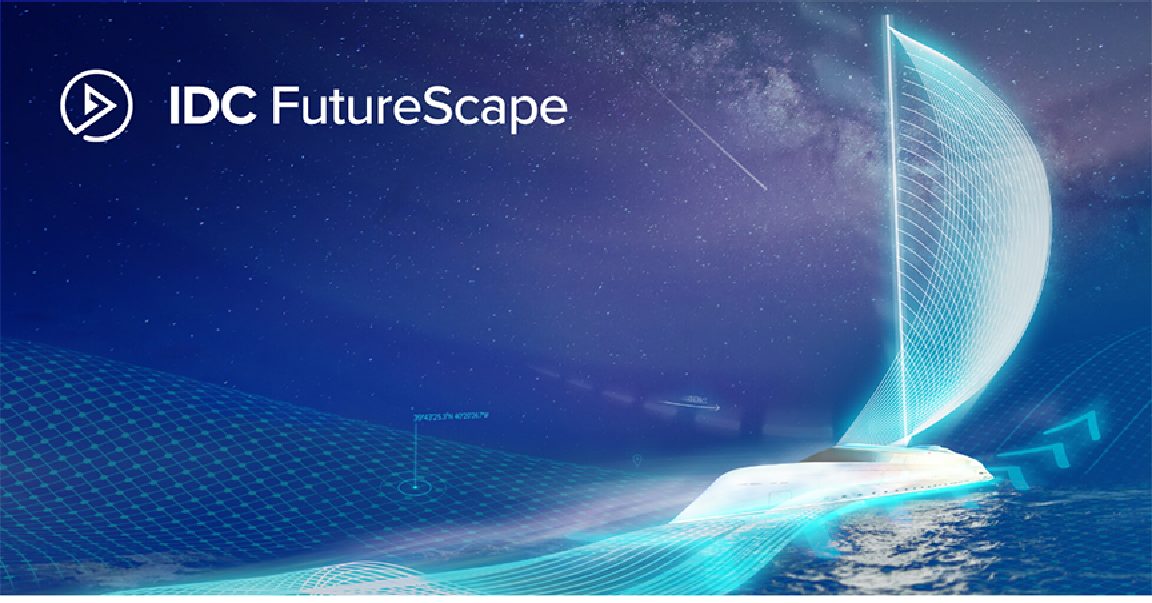Confronted by the rapid pace of digital transformation (DX) and the realities of global health, climate, and social challenges, organizations must adopt more dynamic and hybrid ways of working. These hybrid work models require accelerated technology deployment, new policies, and cross-functional leadership practices to support them.
Workers must redefine themselves as members of dynamic and reconfigurable teams that can adapt quickly to business demands and new market requirements — anytime, anywhere, and from any physical location. Rapid adoption of more automated, cloud-based, and AI–enabled work practices will improve work productivity and introduce new, more agile ways of working.
The insights gained from these more digital-first ways of working will enable organizations to be responsive to the needs of customers and employees alike, driving improvements in employee retention and customer satisfaction.
IDC defines the Future of Work as a fundamental change to the work model – one that fosters human-machine collaboration, enables new skills and worker experiences, and supports an intelligent and dynamic environment unbounded by time or physical space. Driven by senior executives and executive boards, Future of Work initiatives are enterprise-wide imperatives.
IDC’s Future of Work predictions for 2022 reflect how work will be defined by a variety of approaches capable of supporting the ebb and flow of change, as the world learns to navigate new challenges. Organizations sufficiently prepared to find and capitalize on opportunities, despite current and future disruptions, will be the ones that define the next future of work.
IDC’s Top 10 Future of Work Predictions
Prediction 1: By 2024, 80% of G2000 will use AI/ML-enabled “digital managers” to hire, fire, and train workers in jobs measured by continuous improvement, but only 1 of 5 will realize value without human engagement.
Prediction 2: By 2023, G2000 LOB employees will use tools to automate their own work using codeless development, but 90% of these programs will fail without supporting COE and adoption methodology.
Prediction 3: 40% of G2000 will see 25% improvement in information usage by 2026 due to investments in intelligent knowledge networks that turn structured/unstructured data into findable and actionable knowledge.
Prediction 4: By 2023, digital transformation and business volatility will drive 70% of G2000 organizations to deploy remote or hybrid-first work models, redefining work processes and engaging diverse talent pools.
Prediction 5: 70% of enterprise businesses will have extensively invested in diversity, equality, and inclusion data, tools, and benchmarking by 2024 to define recruitment and human capital strategies.
Prediction 6: By 2023, 60% of G2000 businesses will deploy AI- and ML-enabled platforms to support the entire employee life-cycle experience from onboarding through retirement.
Prediction 7: DX-related IT skills shortages will affect 90% of organizations by 2025, costing over $6.5 trillion globally through 2025 due to delayed product releases, reduced customer satisfaction, and loss of business.
Prediction 8: By 2025, 90% of new commercial constructions/renovations will deploy smart facility technology supporting flexible workplaces and sustainably improving occupant experiences and operational performance.
Prediction 9: By 2023, 70% of connected workers in task-based roles will use intelligence embedded in adaptive digital workspaces from anywhere to engage clients/colleagues and drive enterprise productivity.
Prediction 10: Global 1000 firms will use intelligent digital workspaces with augmented visual technologies (hardware/software) in 8:10 regularly scheduled meetings by 2024 to enable high-performance distributed global teams.
Interested in learning more? Watch our on-demand webinar, IDC FutureScape: Worldwide Future of Work 2022 Predictions.




